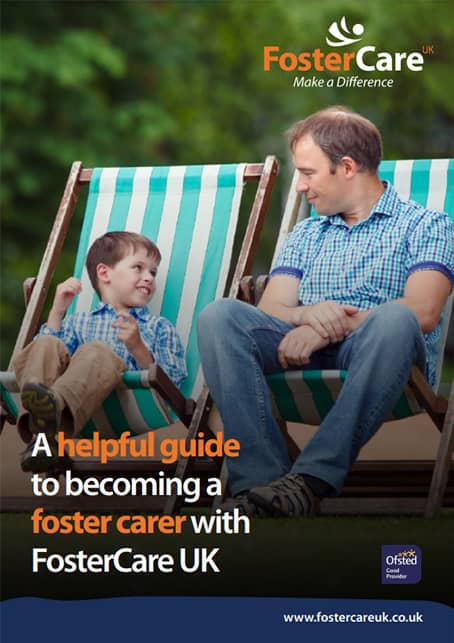


What happens when a child is taken into care?
Benefits of being a foster parent
What is a care leaver?
How to become a foster parent
How to foster a child
What are the foster care requirements
Can I choose who I foster?
Fostering with pets FAQ
How long does it take to become a foster parent?
What is the role of an independent fostering agency?
Fostering a disabled child
Tips for coping when foster placements end
Do foster carers pay tax?
What to expect in a fostering assessment
Common Fostering Challenges and Solutions
What disqualifies you from being a foster carer?
Muslim Fostering
Fostering as a single parent
Can you foster a child with a criminal record?
Can you work and foster?
Top 10 fostering myths
Can I foster if…?
Can I foster and rent?
LGBT Fostering: can I foster if I’m gay
Top transferable skills to become a foster carer
Can you foster with a mental health condition?
Christian Fostering
Sikh Fostering
Cultural Diversity in Foster Care
How to encourage foster children to read
Reasons for a child to be taken into care
Tips for coping with attachment disorders in Foster Children
Fostering vs Adoption
What happens when foster parents get divorced?
What is reunification in foster care?
How to deal with foster child bullying
A guide to the foster care handbook
Guide to fostering young children
Types of self-harm
A guide to fostering teenagers
What are the signs of depression in foster children?
For most children in care, reunification is the end goal – however, this isn’t always an easy process to deal with for both the child or foster family. Through this guide, we will explore what reunification entails and how we can make a transition as seamless as possible for both your foster family and the child in your care.
Reunification is the process of reuniting a foster child to live with their birth parents, family members or guardians. Throughout a child’s time in care, it is likely the social team have been working on a family reunification plan for the eventuality of their return to home.
Reunification can be hard for both foster children and parents - you may feel that the child is best placed with you, especially if they’ve been with you on a long term foster placement. You may feel that the child in your care has become a part of your family, and you may have concerns for their safety and wellbeing. However, you can rest assured that the social worker team and have the child’s best interest at heart and are working towards their stable future, which could mean reunification is the best step for them.
There are a number of ways you can show you support the reunification process and help the process run smoother:
Here at FosterCare UK, we are offer extensive support to foster families both during placements and the reunification process. If you would like to find out more, please do not hesitate to contact our helpful team today.
If you’ve got any questions or would like to find out more about fostering with Capstone, fill out the form below.
An experienced fostering advisor from your local area will then be in touch.

Start the conversation today. Our team of friendly advisors are on hand to answer any foster care questions you may have. We can offer you honest and practical advice that can help you decide if becoming a foster carer is the right path for you.


